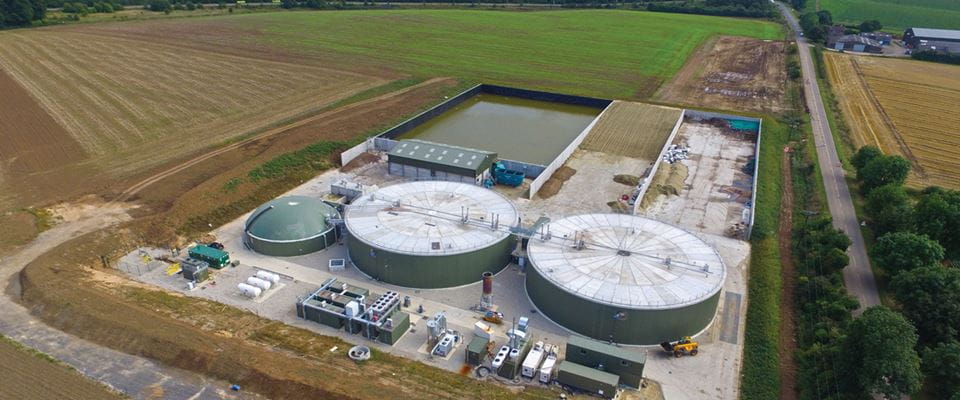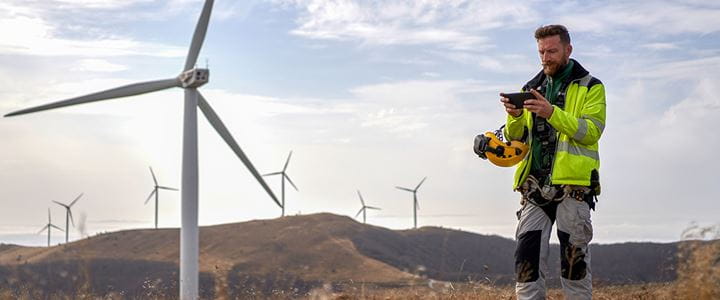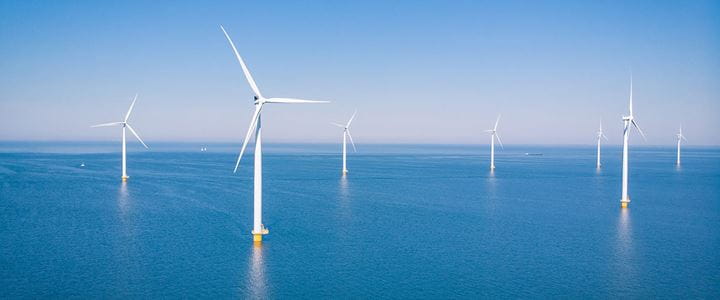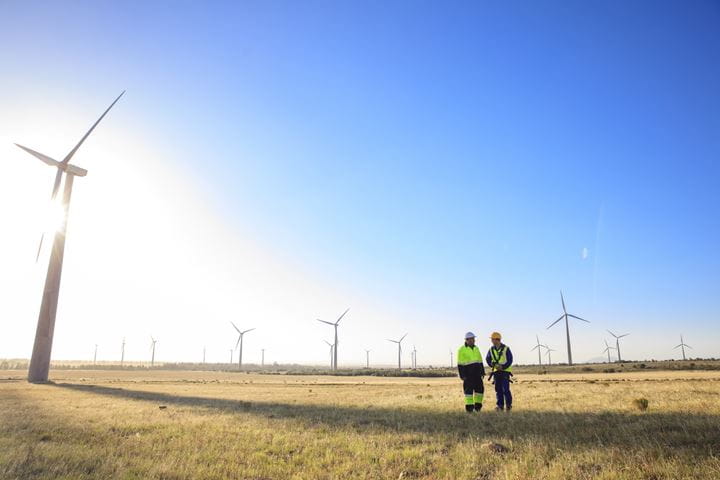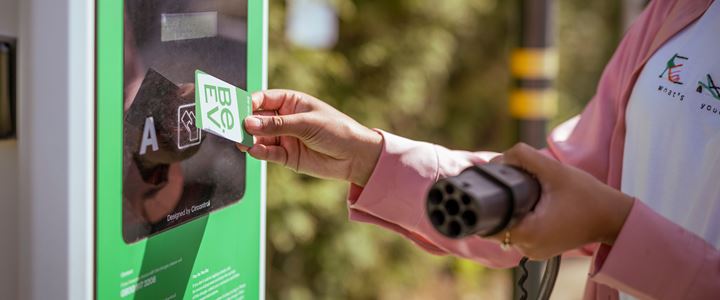The issue with food waste
Every year the UK produces around 9.5 million tonnes of food waste.1 Wales and Scotland has made outstanding progress in addressing the issue of household and commercial kitchen waste. But it still only applies to about 15% of the population in the UK – with somewhere between a third and half of households provided with source-segregated kitchen waste collection.2
A Government consultation on household and business recycling, found that if all local authorities provided kerbside food waste collection, the amount of food waste collected would increase by 1.35 million tonnes by 2029. This would reduce greenhouse gas emissions by an estimated 1.25 million tonnes per year.3 However, many local authorities send their kitchen waste to composting and not anaerobic digestion (AD). In fact, our colleagues in Marsh recently delivered a Waste and Recycling Market Update as a panel of experts discussed some of the issues being faced, sharing pointers for navigating this challenging market.
The British Government has thrown its weight behind the anaerobic digestion (AD) sector, arguing that turning the millions of tonnes of waste produced in the country each year into energy was a no-brainer. The Government’s Environment Bill promises the roll out of separate household food waste collections across the country. Naturally prevention is the best cure, but where this isn’t achieved anaerobic digestion is the better option instead of incineration or disposal.
How can anaerobic digestion help?
Biogas is not only clean and green but it helps to decarbonise the difficult areas to reach, such as heat and transport. It’s also a way of recycling organic waste that might have otherwise gone to landfill, helping restore nutrients and organic matter to soils and improve air quality.
Moving forward, local authorities will need to consider food waste collection contracts and any financial penalties that could be incurred if these need amending or cancelled. They’ll also need to consider how best to deal with the food waste once collected.
While AD plants are a fantastic way to treat food waste, the financial models to construct and operate the plants need careful consideration.
Add to this the benefits AD plants and the industry can bring to jobs and the circular economy. Plus, public opinion and our obligation to mitigate climate change, then food waste treated by AD ticks all these boxes.
Managing your risks with anaerobic digestion insurance
Once the final decision has been reached on the model you wish to adopt, it’s vital that the entire chain understands and mitigates risks. Anaerobic digestion plants, when constructed and operated correctly, work extremely well and are very robust. However, they are in essence power plants and can have the same complexities, which you see in much larger power plants.
In order to carry out full due diligence, when entering into the development of your plant, you need to consider the four stages of your project, which are:
- conception and development
- construction
- operation
- decommissioning.
There are potential risks and renewable energy insurance considerations at each stage of the project lifecycle.
Here to help
When you begin to engage on delivering your project, make sure that you seek advice from experienced professionals who have a proven track record in this sector.
Real-world insight that we don't share anywhere else
Get access to exclusive help, advice and support, delivered straight to your inbox.


